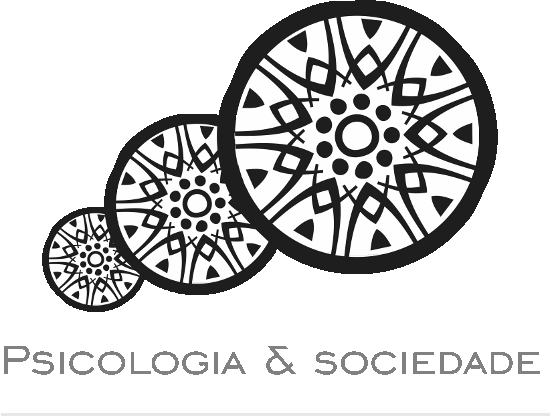ABSTRACT
We present a theoretical essay on the association between the forms of social influence: compliance, identification and internalization - and moral development from child to adult, through the levels: Pre-conventional, Conventional and Postconventional - consecutive with the development of thought, postulating the existence of Groupthink between the egocentric thinking - proper of the Pre-conventional level in the infancy, and sociocentric thinking, proper of the Postconventional level, possible to the adult. The Groupthink is established in the Conventional level and is perpetuated in the adults due to processes of domination, not only into the organizations but also in all social groups, beginning within the family. The objective was to analyze the consequences of this predominance in the national political representativeness, through the analysis of the "Bancadas" of the Chamber of Deputies, and the possibilities of overcoming them through the action of active minorities in Congress.
Keywords:
moral development; cognitive development; social influence; active minorities; groupthink
